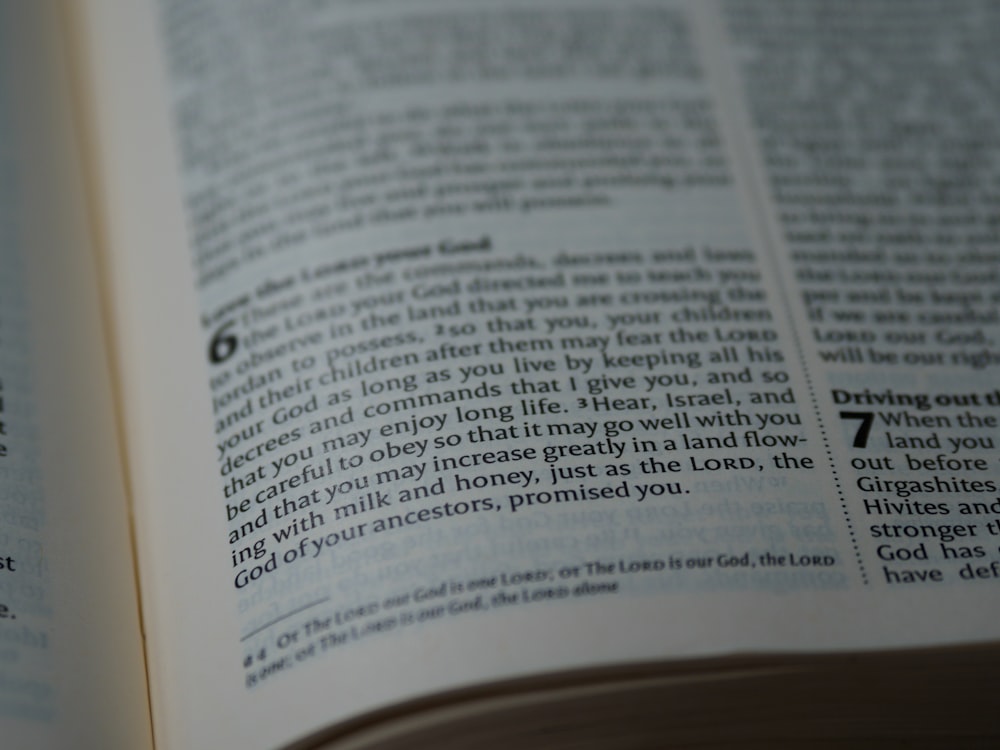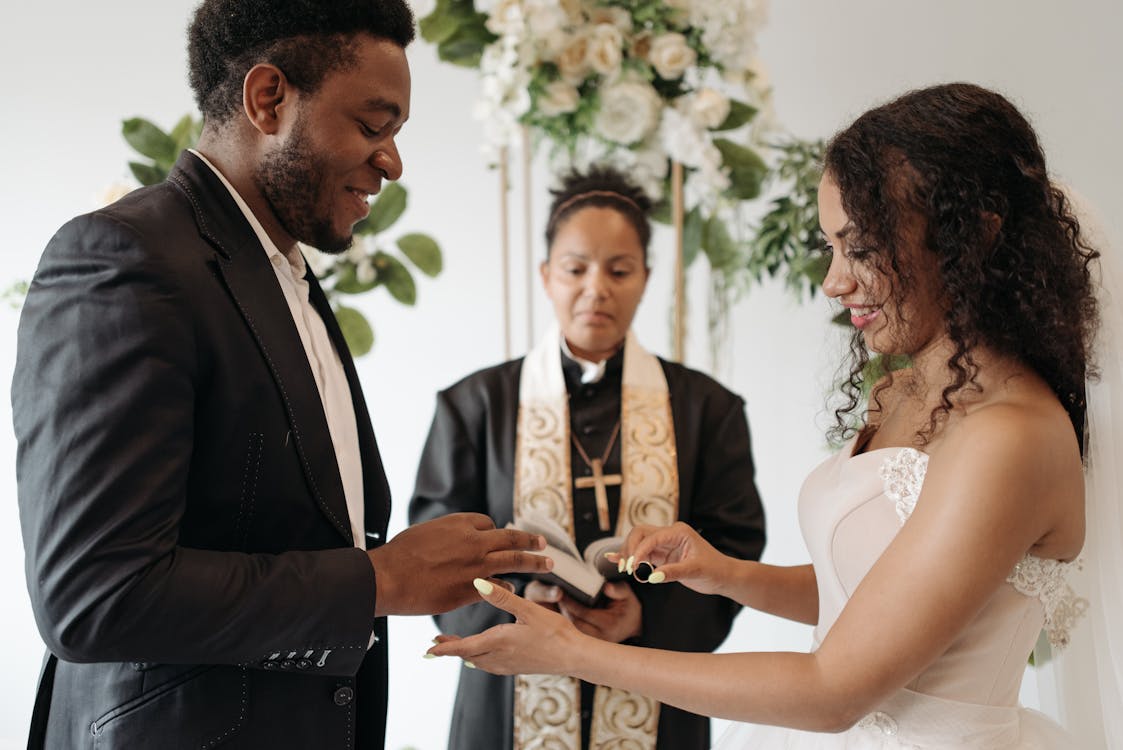We are delighted to share with you our library of resources. You can use the filter feature below to find topics most relevant to your curriculum.
Want to organise the resources you use most in one place? Register as a user to add content to your own Boards.
Women's Roles
Read about the role of women in the Bible...
The role of women throughout history has been an interesting and controversial phenomenon, not least in the history of the church. However, despite often having been used as a tool for oppressing women over the centuries, the Bible has many positive things to say about the role of women.

The most well-known Bible stories seem to involve men: Moses, Sampson, David and Goliath and Daniel in the lion’s den to name but a few. But there are many strong female characters whose stories are told less but are no less significant in Biblical history. For example:
- Miriam, Moses’ sister. She played a significant part in saving Moses when he was a baby at risk of being killed by the Pharoah (Exodus 2). When Moses led the Israelites out of Egypt, Miriam has a significant role as a prophetess who led the people in their worship and praise of God
- Deborah, the judge. Before Israel had kings, it was ruled by judges. Her story is found in Judges 4-5, where she is shown to be a strong warrior-like leader of her people.
- Queen Esther. Her story is found in the Book of Esther. She is a Jew who marries the king of Persia, the head of the ruling empire. She plays a significant role in avoiding the massacre of her people.
There are plenty of other women who are shown to have a strong faith in God, loyalty, and courage. For example, Rahab (Joshua 2), Hannah (1 Samuel 1), and Ruth (Book of Ruth).
WOMEN IN THE NEW TESTAMENT
Mary and Martha
It is evident from the gospel accounts that Jesus had many women followers, as well as men. Two particular friends were the sisters, Mary and Martha, whose home he often stayed at with his disciples. One story tells how Mary sat at Jesus’ feet, the traditional posture of a disciple with their rabbi (Luke 10:38-42).
This was not seen to be the usual place for women; they belonged in the home, looking after the men, and men did the serious learning. But Jesus commended her for her actions.
The Woman of Samaria
Jesus is regularly shown to have compassion for women who are rejected and abused by men. Two examples include the woman of Samaria in John 4. She is said to have had five husbands, a sign that she had been passed around by many men. Jesus meets her at a well and treats her with respect and dignity, offering her hope.
The Woman Caught in Adultery
The other example is the woman caught in adultery, found in John 8. She is dragged in front of Jesus by the religious rulers, who ask whether she should be stoned for what she has done. Jesus tells them, "He who is without sin should cast the first stone." This was an act of mercy for her, and a criticism of the men who brought her to him.

Women also play a very important role in the story of Jesus’ death and resurrection. Although many of Jesus’ disciples deserted Jesus at the time of his arrest, the Bible says:
“Many women were there, watching from a distance. They had followed Jesus from Galilee to care for his needs” Matthew 27:55
They were the first ones to the tomb on Easter Sunday, arriving to anoint his body with spices (as was the tradition), and as such credited as being the first witnesses of the resurrection. This is radical and quite dangerous, given that at the time a woman’s testimony (account of an event) was not accepted by a court of law.
Women in the Early Church
The church in the 21st century has differing views on the place of women in the church, especially in regard to leadership. But there are many women named in the New Testament as having significant roles in founding and supporting churches. Lydia, for example, is a rich woman who founded the first church in Philippi (Acts 16).
Priscilla helped mentor new Christians, along with her husband (Acts 18) and there is mention of a woman named Phoebe who ‘served the church’ in Cenchrea and is commended by the apostle Paul for her actions (Romans 16:1-2).
Paul's New Testament Letters
Clearly, there are a lot of individual women in the first century who did remarkable things and held strong faiths. A lot of the debate around the role of women stems from various verses about women in general, and in particular their relationship with their husbands. Many of the letters to new churches, recorded in the New Testament, suggest that women should be subordinate to men, for example:
“Christ is the head of every man, and the man is the head of a woman” 1 Corinthians 11:3
“Let the women keep silent in the churches; for they are not permitted to speak, but let them subject themselves, just as the Law also says. And if they desire to learn anything, let them ask their own husbands at home; for it is improper for a woman to speak in church” 1 Corinthians 14:33-35
“Older women… are to be reverent in their behaviour, not malicious gossips, nor enslaved to much wine, teaching what is good, that they may encourage the young women to love their husbands, to love their children, to be sensible, pure, workers at home, kind, being subject to their own husbands, that the word of God may not be dishonoured.” Titus 2:3-5
 WOMEN IN THE CHURCH TODAY
WOMEN IN THE CHURCH TODAY
Over the centuries, Christians have interpreted these verses to mean that women’s roles primarily involve looking after the home and family. Many have also rejected the idea that women can lead churches.
However, more recently, many Christians have taken these verses in their original context; as words of advice to particular churches struggling with particular issues (e.g. women chatting in church and disrupting worship). Indeed, many churches have dismissed the idea that the Bible gives a universal ban on women teachers.
Christians also understand that Jesus honoured women and that the only reason he didn't have female disciples was that society would have frowned upon it. At the time, Israel was male-dominated (patriarchal); men made all the rules and women had no influence in society at all.
Christians recognise that decisions about whether women can have an active role in church leadership should not be based on the lack of female leadership in patriarchal Ancient Israel.
